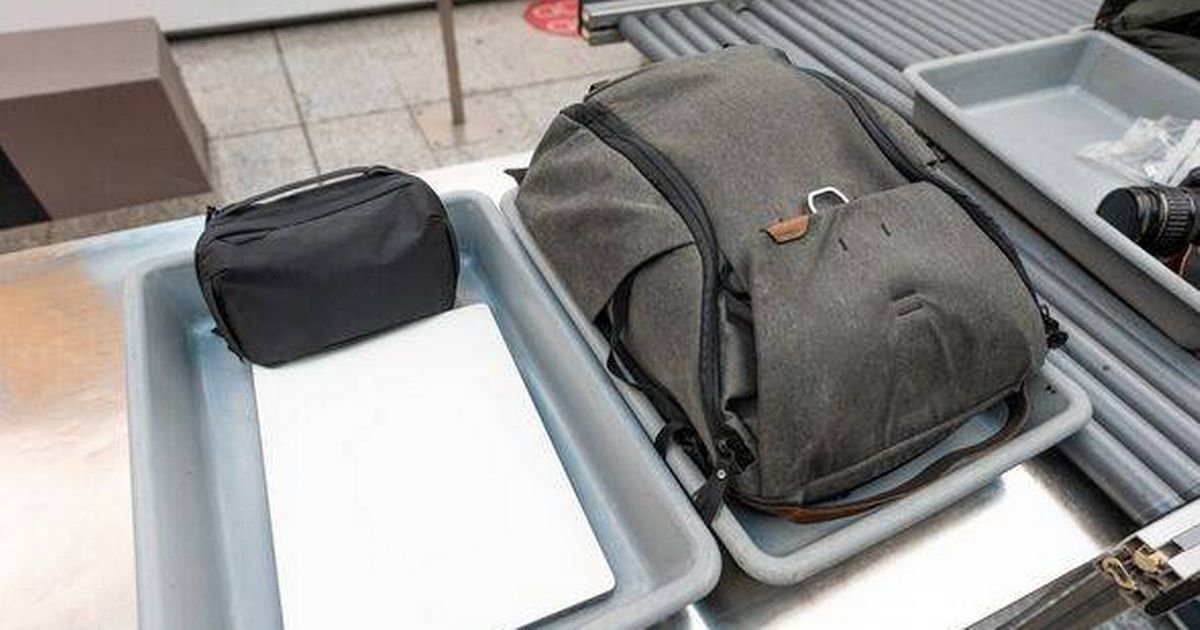The Flat Battery Dilemma: A Lesser-Known Airline Security Rule
When preparing for air travel, most passengers are well-versed in the standard rules of hand luggage size and the food and drink policies imposed by various airlines. However, there exists a critical, often overlooked security measure that even seasoned travelers may find surprising: the requirement for electronic devices to be charged.
Universal Airline Compliance
All airlines, whether you’re jetting off with TUI, British Airways, Ryanair, or easyJet, adhere to this specific rule regarding electronic gadgets. Whether you’re relying on your smartphone for entertainment or your laptop for work, you’ll likely be bringing at least one electronic device through security. The catch? These devices must be able to power on when requested by security personnel.
The Importance of Charge
Imagine arriving at the airport, navigating through check-in and security, only to be faced with the unfortunate consequence of a dead device. If asked to turn on your laptop, tablet, or phone and it refuses to cooperate, you could be denied access to the airport beyond that point. Security staff may require the device to demonstrate functionality to ensure it does not pose a threat. The UK government succinctly states: "If your device does not switch on when requested, you will not be allowed to take it onto the aircraft."
Consequences of a Dead Battery
Pack a device that is unable to turn on, and you may find yourself with limited options. Depending on your airline and the specific circumstances of your departure, you might be allowed to place the device into your checked baggage if it hasn’t already gone through processing. But, this is not always guaranteed.
Example: British Airways Guidelines
British Airways emphasizes the necessity of having electronic items fully charged before arriving at the airport. Their website advises, "Please ensure that any items in your hand baggage are fully charged and switched on before you arrive at the airport." If you cannot power up your device, BA suggests you consider rebooking to a later flight, allowing time for your device to charge up—though this may incur an additional fee, depending on your ticket type.
Tips from Airlines
TUI shares similar sentiments, advising passengers to ensure their electronic devices are charged before entering security. They recommend keeping your phone switched on until you board the plane to avoid potential additional checks.
Ryanair, while less specific, does suggest that if your smartphone or tablet dies before you reach security, you can receive a boarding pass without difficulty if you’ve checked in online. However, they leave travelers hanging when it comes to what happens if you are barred from passing through security due to a dead device.
Security Protocols and Possible Solutions
If you find yourself in a predicament with a flat battery during airport security, your best bet is to swiftly check if placing the device in your checked luggage is feasible. But be warned—some airlines may impose constraints or may not even allow this after a certain point in the process.
In particular, British Airways mentions the option to contact their lost property office, Bagport, at London Heathrow if you cannot carry your device onto the flight. You’ll receive a reference number to facilitate the retrieval of your item upon arrival at your destination.
Staying Smart While Traveling
Given the consequences of a flat battery, it’s essential to plan accordingly before heading to the airport. Charge all your devices overnight and consider bringing portable chargers for extra peace of mind. Always check that your device turns on before you leave home, ensuring a smoother experience through security.
Traveling can be stressful, but with the right preparation and awareness of these often-ignored rules, you can minimize your worries and focus on the journey ahead.





